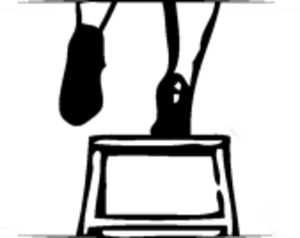Here is a very interesting text from Itxi Guerra originally written in Spanish and translated to English by Anti. It talks a lot about the relationship of anarchism and disability, but I believe it can an be interesting perspective to read for any kind of activists. In the first section there is also an informative list of all the various models and definitions of disability.
Ahh thank you for posting, I love this. I was an anarchist before I developed MS but also I think how much more inclusive anarchist spaces tend to be wrt pwd/disability broadly (or, have been in my experience anyway) would have converted me if I hadn’t been. :)
I love how one of the first posts in this community is a link to the Anarchist Library. Proves that Lemmy doesn’t have to be associated with tankies.
VERY interesting. I did not get through the whole, I confess, but have bookmarked for further serious reading. However, have looked at the discussion of previous models of disability, and prologue to the anarchist model the author is setting up to discuss as preferred.
I read some aloud to my partner, who is in a nursing home. Alzheimer’s, incontinence, loss of mobility, depression, anxiety. And my dearest sweetie, life-partner of 26 years and counting.
All of the models of disability treat the cripple (to use the author’s phrasing) as a person. I would argue that at least in my partner’s case, she is being treated as an object—not even as a person-manquée, or a non-person, as the discourse of slavery captures this liminal status. But an inanimate, non-sentient thing without subjectivity, self-reflexivity, agency.
Incoveniently, this thing requires maintenance, as it presents a simulacrum of humanity, whether as a person or as a non-person. Death and egregious mistreatment may return it temporarily to personhood, but only if that return functions to benefit someone who is not constructed as disabled.
Yeah…being dehumanized… What you are saying seems like a “natural” consequence of a system of beliefs that treats some bodies and minds as worth more than the others. Some persons get treated so badly up to the degree of denying their personhood completely.




